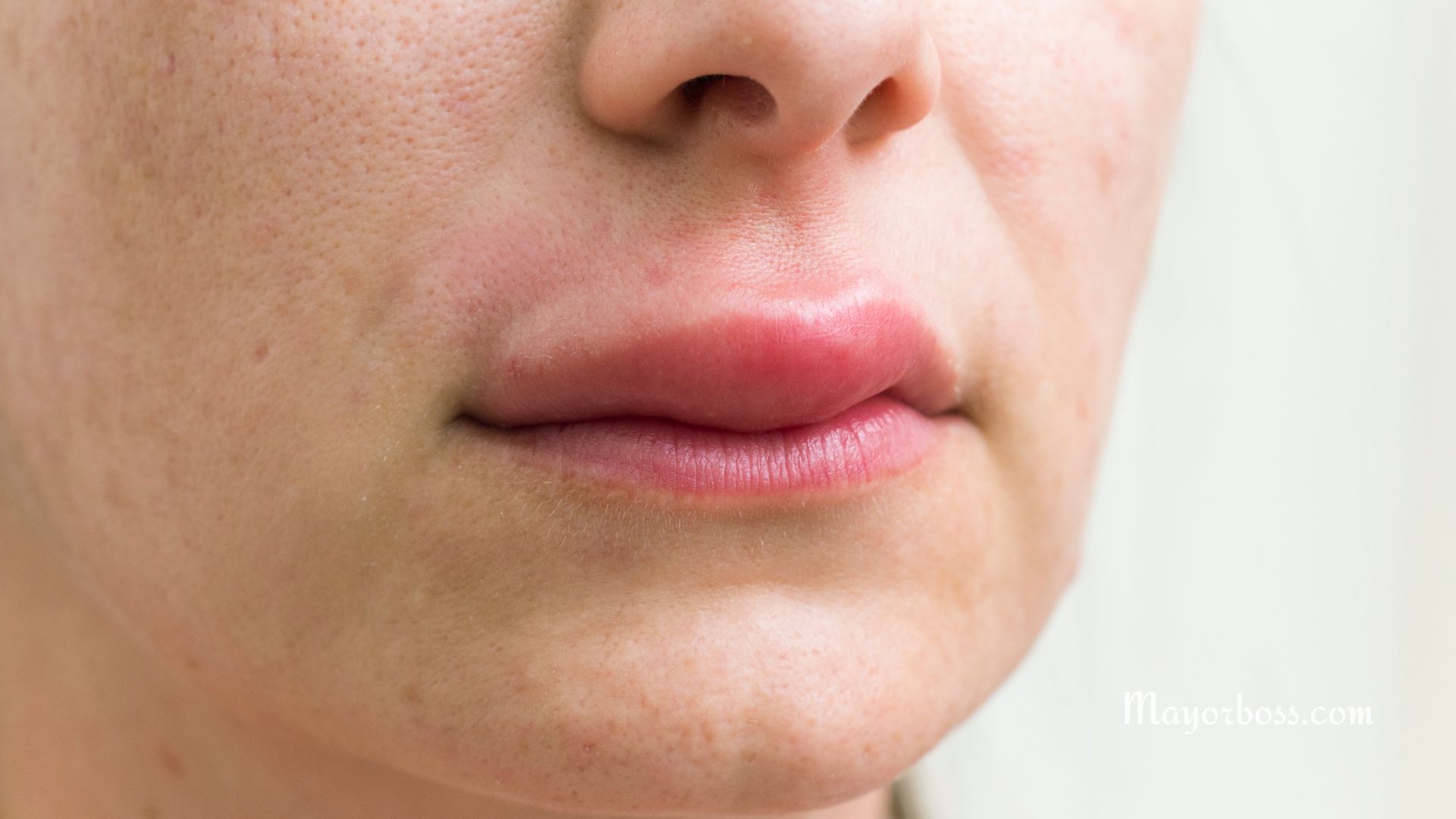Allergic Reactions on the Lips: What You Need to Know
Swollen, itchy, or irritated lips can sometimes point to an allergic reaction. This condition may arise from exposure to foods, lip care products, or environmental factors. While some allergic reactions are mild, others require immediate medical attention.

What Causes Allergic Reactions on the Lips?
Exposure to Allergens
Allergic reactions on the lips often occur when you come in contact with allergens. These can be substances like certain foods, lip balms, or even pollen. Your immune system mistakenly identifies these substances as harmful, triggering an allergic response.
Cross-Reactivity
You might wonder why you’re suddenly allergic to a food you’ve eaten all your life. This is called cross-reactivity. For example, if you’re allergic to pollen, you may also experience allergic reactions to certain fruits like apples or cherries.
Contact Dermatitis
Lip care products like balms and glosses may contain chemicals or dyes that irritate your lips. This form of skin irritation is known as contact dermatitis, and it can mimic allergic reactions on your lips.
What Are the Symptoms?
Swelling and Redness
One of the most obvious signs is swollen, red lips. This swelling can happen quickly after exposure to an allergen.
Itching and Burning
An itchy or burning sensation is common during an allergic reaction. If you experience this, it’s crucial not to scratch, as this can worsen the condition.
Blisters or Hives
In more severe cases, blisters or hives can appear on or around the lips. If you notice these symptoms, consult a healthcare professional right away.
How Can You Manage These Reactions?
Avoid the Allergen
The best way to prevent allergic reactions on the lips is to steer clear of known allergens. Read labels carefully and be cautious about what you consume or apply on your lips.
Antihistamines
Over-the-counter antihistamines can help alleviate symptoms. However, you should consult a healthcare provider for advice tailored to your specific needs.
Cold Compress
For immediate relief, a cold compress can help reduce swelling and itchiness. Just wrap some ice in a cloth and gently press it against your lips for a few minutes.
When Should You Seek Medical Attention?
Anaphylaxis
In people with severe allergies, exposure to allergens can cause anaphylaxis, a life-threatening reaction that requires immediate medical intervention.
Persistent Symptoms
If you’ve tried home remedies and your symptoms persist, it’s time to consult a healthcare provider for further evaluation and treatment options.
Multiple Symptoms
Examples of other symptoms to look out for include difficulty breathing, tightness in the throat, or a rapid drop in blood pressure. These are signs of a serious allergic reaction that needs urgent medical attention.
Frequently Asked Questions
What Foods Commonly Trigger Allergic Reactions on the Lips?
You might be surprised to know that some of the most beloved foods can be culprits. Nuts, shellfish, and dairy are common triggers. Fruits like strawberries and citrus can also cause reactions in sensitive individuals. If you suspect a food allergy, it’s best to consult a healthcare provider for testing and advice.
Can Lipstick or Lip Balm Cause Allergic Reactions?
Absolutely, yes. Lip care products often contain ingredients like beeswax, fragrances, or certain oils that can trigger allergies. If you notice symptoms after using a new lip product, discontinue its use and consult a healthcare provider.
Are Some People More Prone to Lip Allergies?
People with a history of allergies or asthma are generally more susceptible. In people with sensitive skin, the likelihood of experiencing allergic reactions on the lips is higher. Children and the elderly are also at greater risk due to their more sensitive skin and immune systems.
How Do I Know if It’s an Allergic Reaction or Something Else?
It can be tricky. Cold sores, for instance, can resemble allergic reactions on the lips. However, cold sores often come with additional symptoms like fever and are caused by a virus, not an allergen. If you’re unsure, the safest course of action is to consult a healthcare provider for a proper diagnosis.
Can Stress Trigger Allergic Reactions on the Lips?
Stress itself is not a direct cause of allergic reactions, but it can weaken your immune system, making you more susceptible to allergies. Managing stress through methods like deep breathing, exercise, or meditation may help in reducing the frequency of allergic reactions.
Further Reading: Can You Be Allergic to Alcohol?
